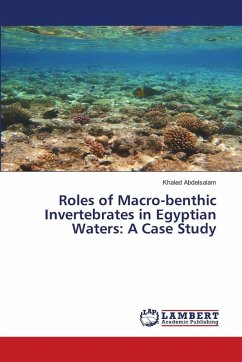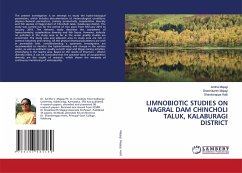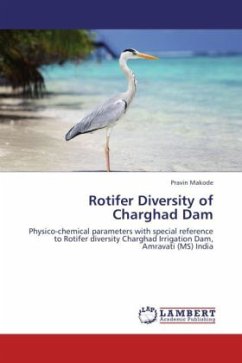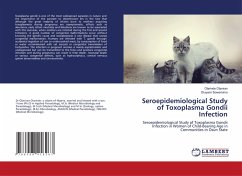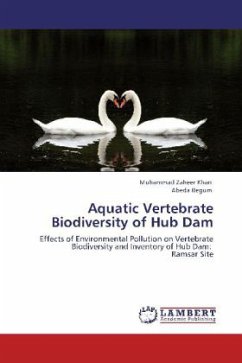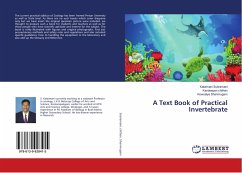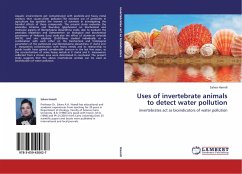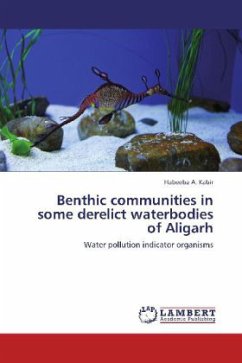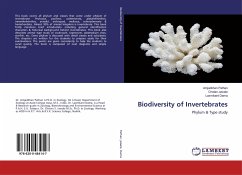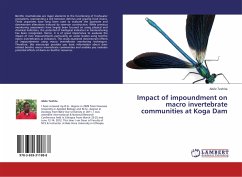
Impact of impoundment on macro invertebrate communities at Koga Dam
Versandkostenfrei!
Versandfertig in 6-10 Tagen
32,99 €
inkl. MwSt.

PAYBACK Punkte
16 °P sammeln!
Benthic invertebrates are major elements to the functioning of freshwater ecosystems, representing a link between detritus and grazing food chains. These organisms have long been used to evaluate the upstream and downstream alterations induced by reservoir construction. While previous monitoring assessments have largely been focused on using physical and chemical indicators, the potential of biological indicators in biomonitoring has been recognized. Hence, it is of great importance to evaluate the impact of river impoundments particularly on water bodies using benthic macro invertebrates as i...
Benthic invertebrates are major elements to the functioning of freshwater ecosystems, representing a link between detritus and grazing food chains. These organisms have long been used to evaluate the upstream and downstream alterations induced by reservoir construction. While previous monitoring assessments have largely been focused on using physical and chemical indicators, the potential of biological indicators in biomonitoring has been recognized. Hence, it is of great importance to evaluate the impact of river impoundments particularly on water bodies using benthic macro invertebrates as indicators. This study examined downstream effects of impoundments using macro invertebrate monitoring techniques. Therefore, this manuscript provides you basic information about dam-related benthic macro invertebrate communities and enables you evaluate potential effects of dams on benthic resources.




